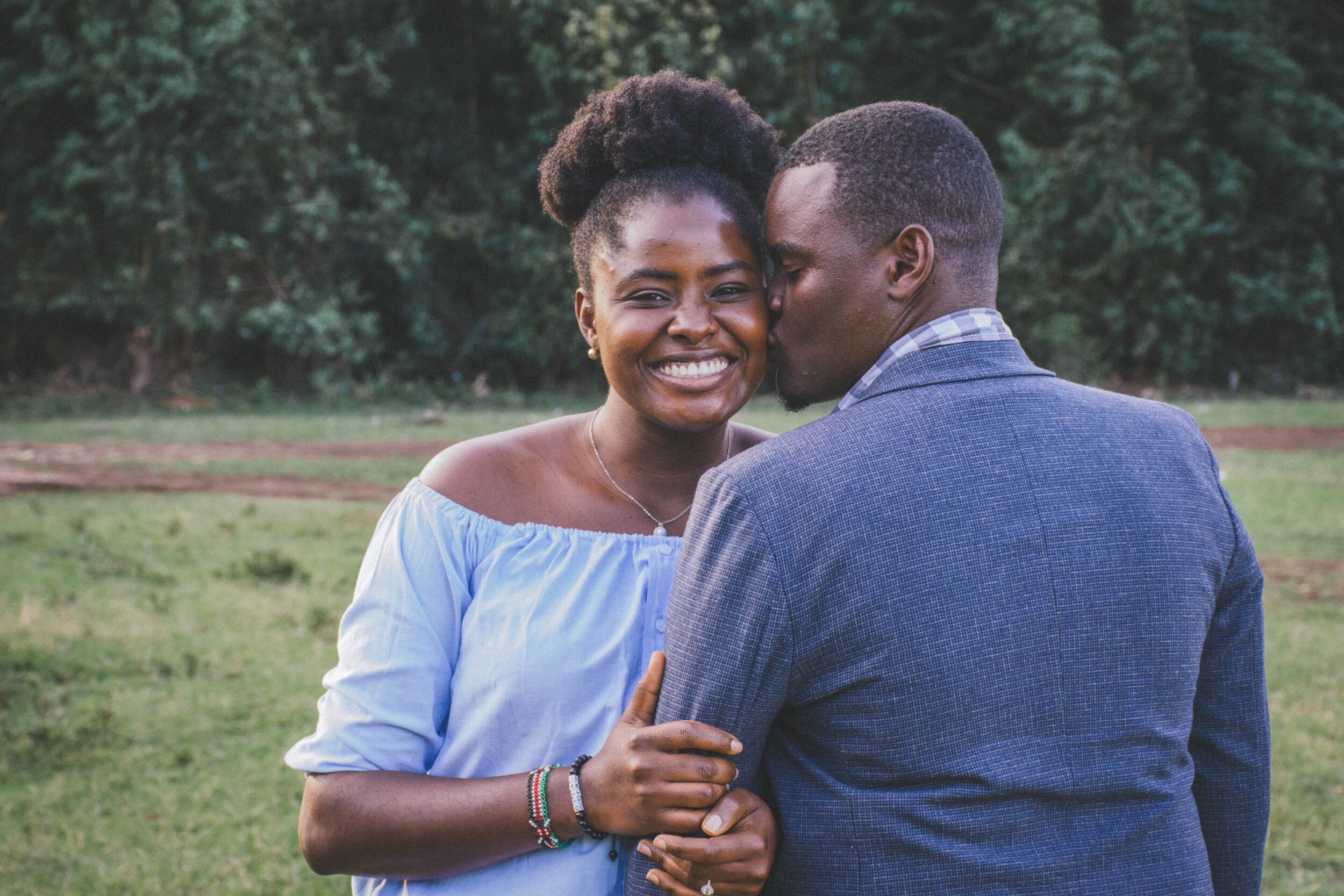Why Therapy?
The decision to enter into a counseling relationship is sometimes a difficult one. The choice to sit alongside a stranger, open up and share in ways that may be foreign takes a tremendous amount of courage. At the cornerstone of counseling is this decision and the individual belief in one’s ability to heal or make healthy changes.
No one is exempt from struggle and hardship. In this life we all experience situations and circumstances that are at times beyond our control that cause stress and difficulties. Everyone needs a helping hand at some point in their life. Therapy and the therapist act as this helping hand.
People seek therapy for a wide variety of reasons including:
coping with major life challenges
grief support
childhood trauma
depression or anxiety
addiction support
personal growth and greater self-awareness
Therapy and the therapist provide the catalyst for change and help guide the process of change that will take place.
How Does Therapy Work?
Therapy is not meant to be a quick fix and ultimately it is the client who determines the flow of the counseling process. While the first few sessions are intended to build trust and assess the presenting problem, the speed of progress and duration of the counseling process hinges largely on client engagement and client motivation for change.
how long does it take?
A client and therapist may work together for as few as four or six sessions or as long as several years, depending on the client’s unique needs and personal goals for therapy. Therapy is tailored to meet the needs of the client and is intended to be a collaborative process where the responsibility of direction, flow of process and expertise is shared between client and therapist.
What’s my role?
Therapy requires active participation from both the therapist and the client. Oftentimes assignments aimed at reflection are given in between sessions to keep the client engaged in the process. The time spent actively in sessions is most effective when utilized alongside of assigned reading and reflection activities. Completion of assigned reading and reflection allow for a greater sense of collaboration and ownership of the process by clients.
Types of Therapy
Individual Therapy
Individual Therapy allows clients to work one-on-one with a therapist to improve overall emotional and mental wellness.
Couples Therapy
Couples Therapy allows couples to works with a therapist to improve overall functioning and well being within a relationship.
Family Therapy
Family Therapy provides families with the opportunity to come together with a therapist to discuss individual and family issues that impact family dynamics and functioning.
Group Therapy
Group Therapy is a process through which a small group of people meet with a therapist to talk about a particular issue(s) with which all of group participants are struggling.






